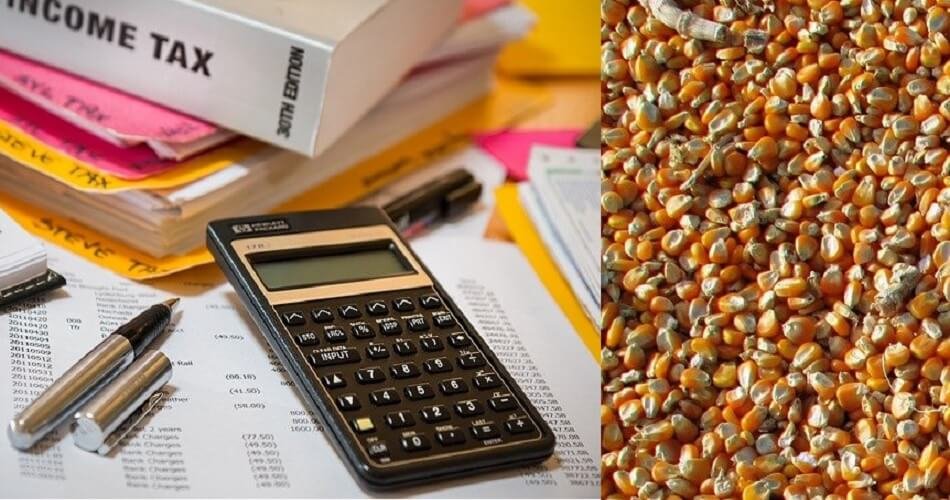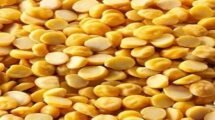GST on Agriculture: seeds are not “agricultural produce”, should be subject to GST-AAR
In two rulings, the Telangana state Authority of Advance Ruling (AAR) claimed that seeds are not ‘agricultural produce’ and must be subject to GST (goods and services tax), a development that might complicate the agriculture industry in the future.
The AAR said in both rulings that ‘seed’ is regarded as distinct from ‘grain.’ According to the February 11 rulings, the law applicable to grain and seed will be different, and hence concessions applicable to grain produced by a farmer will not be applicable to seed.
Also Read | Govt should drop GST from 18% to 6%, implement PLI on agrochemicals: Agrolife
According to tax experts, the AAR rulings in the cases of Ganga Kaveri Seeds and Narasimha Reddy & Sons followed the ejusdem generis concept.
The AAR ruled that both firms are offering commodities derived from plant cultivation. It stated that the corporations were involved in the manufacturing and selling of agricultural seeds and that throughout the production process, some services such as cleaning, drying, grading, and packing were outsourced in relation to the production of seeds.
‘The authorities have used the concept of ejusdem generis, which means that generic terms should take on the colour of specific phrases,’ said Harpreet Singh, partner, indirect taxation at KPMG in India. ‘These rulings stated that the raw material utilized in the definition of agricultural output is limited to food, fiber, and other consumables and that because seeds are not eaten but farmed, they are subject to GST.’
Agriculture is outside of India’s tax structure, both directly and indirectly. According to tax experts, seeds are free from GST, as are agricultural products derived from seeds and services related to agricultural products.
Many experts have stated that bringing services related to seed production under the GST framework might have an influence on the cost of the entire agricultural chain.
According to them, this might result in an 18% increase in the cost of finished items. The tax is passed on in the chain ahead under the GST scheme. This might imply that GST would be passed on to the end-user.
The term ‘raw material’ is used in the definition of agriculture produce, which is a broad term that is used with particular terms like food, fibre, and fuel. The AAR held in the matter of Ganga Kaveri that these exact phrases suggest direct consumption by humans or in the industry but not cultivation.
These precise terms suggest direct consumption by humans or industry but not cultivation – seed supply does not fit within the definition of agricultural output since the seed does not fulfill the utilities defined therein. The AAR held in the instance of Narasimha Reddy that storage of seeds in leased storage facility or godowns, loading, unloading, and packing of seeds by the applicant-job worker on a job work basis are not exempt from GST payment.
Also Read | CropLife, urged Govt to retain uniform 10% BCD and 12% reduction GST
‘In ordinary language, one would prefer to consider seeds as agricultural produce and so exempt from GST,’ Singh explained. While AARs are only relevant to firms who have petitioned the court, they are frequently used as precedent in case law. Following an AAR ruling, the tax authorities began distributing notifications in various cases in the past.


















Add Comment